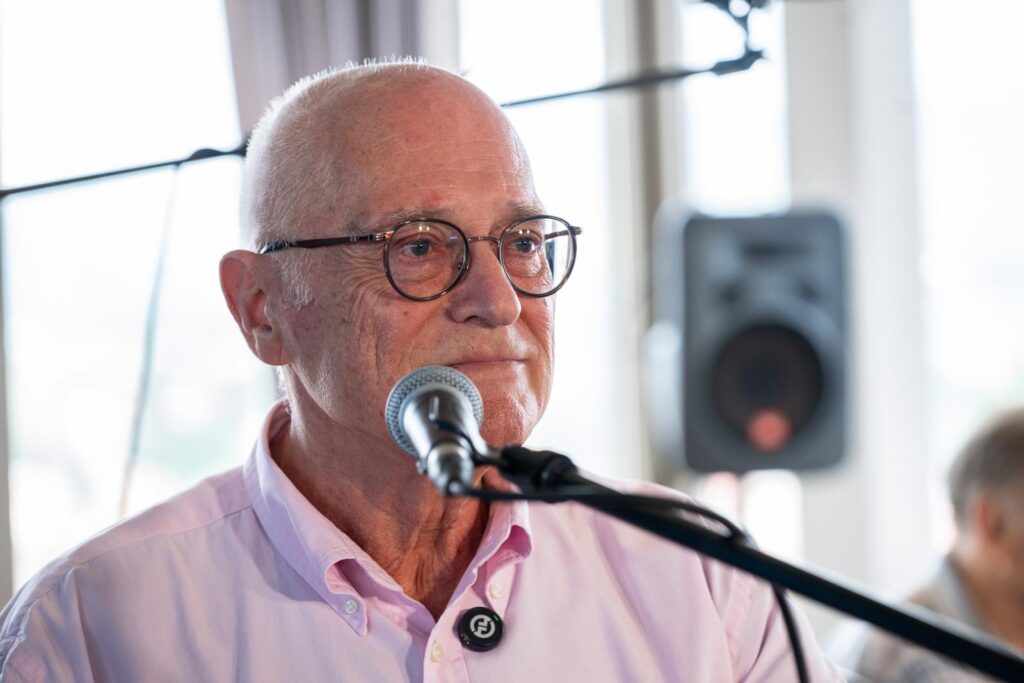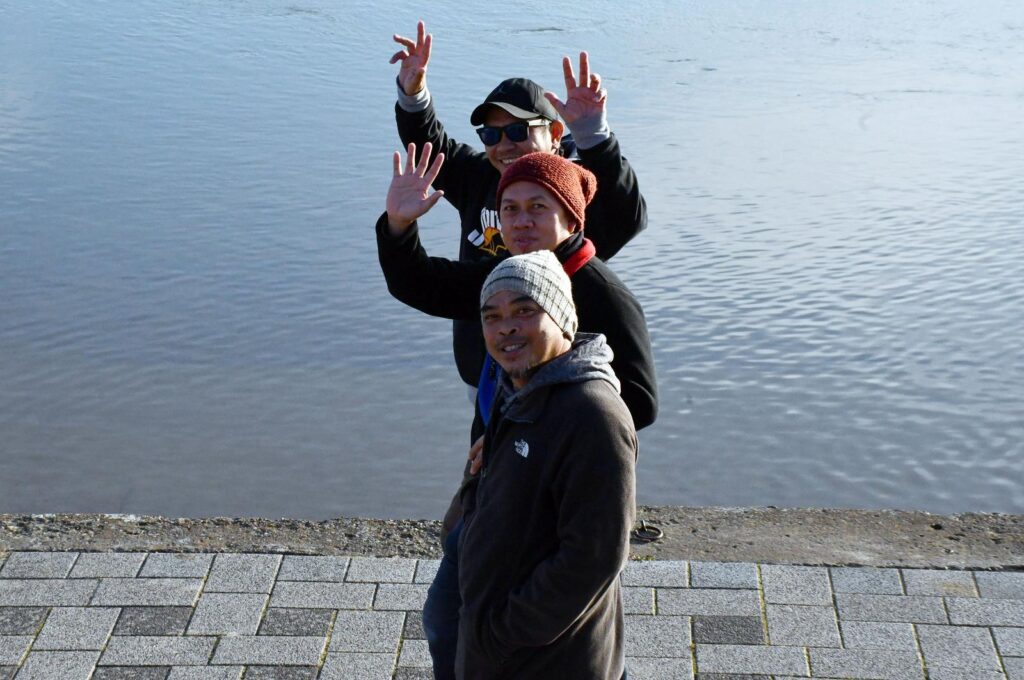October the 17th, 2025 – The former Croatian Economy Minister Davor Štern has stated that “Filipinos are more productive than Croats”, announcing the arrival of several more thousand workers from that distant nation.
As Poslovni Dnevnik writes, ex Croatian Minister of Economy and well known businessman Davor Štern, who has been involved in the oil business for years, spoke recently on Večernji TV about US sanctions against the Oil Industry of Serbia (NIS) due to the Russian ownership stake. According to initial estimates, this will lead to a loss of around 18 million euros for JANAF by the end of this year alone.
Štern said that the imposition of sanctions was expected and added that he was surprised that the owners had not found a way to solve this problem earlier. “JANAF is a good Croatian company of a certain age that was managed very well. They had years of good business, so I believe that there’s still some undistributed profit and that those 18 million euros will not shake the company’s business up too much,” Štern said.
“if anyone is a war profiteer, then it’s hungary”
 Emica Elvedji/PIXSELL
Emica Elvedji/PIXSELL
He also pointed out that NIS is an extremely important client of JANAF, while he said that the name-calling from Hungary about excessive tariffs and war profiteering is nothing more than dull political drama. “If anyone is a war profiteer, then it’s Hungary, which has been purchasing Russian oil through the Druzhba pipeline for three years and using it in its refineries. Russian oil is still cheap,” explained the former minister.
He recalled that he had worked in Russia for years and that the Russians are “very difficult to intimidate”. “The more you try to intimidate them, the tougher they become, which has been confirmed so far and many times throughout history,” he said.
When asked about the proposal for Croatia to purchase NIS, Štern said that it was almost impossible and that the owners from Russia aren’t the only owners of NIS. Štern also said that it was questionable whether Croatia even has the money for such a purchase.
As a proposal to overcome the current sanctions, Štern proposed that oil derivatives from Croatia be exported to Serbia by rail until the situation is resolved. He also spoke about the Hungarians’ interest in taking over a stake in JANAF, saying that it was a strategic company for Croatia and that he personally would never allow someone to take over part of the ownership of JANAF.
There was also talk of a proposal for Croatia to return INA to its ownership, noting that the first step in selling INA was done amateurishly, but also that the company had been “stripped down to the bone” in recent years. Štern put forward the idea of Croatia establishing its own new energy company that would be INA’s Fenix in some other way.
Regarding INA’s oil fields over in Syria, which have not been under INA’s control since 2012, Štern said that huge amounts of money had been invested in them since 1998, but that they had also been bringing in huge profits for years. He recalled that INA’s monthly earnings from these fields amounted to around 60 million US dollars.
“During the 13 years that Croatia has not been able to exploit the fields in Syria, it has certainly lost a lot. However, it’s also necessary to see how much these fields have been damaged in various conflicts over the years. It’s also necessary to see through the contracts whether these fields were sold to MOL or not, or whose ownership they are,” said Štern.
energy here in europe
 Neva Zganec/PIXSELL
Neva Zganec/PIXSELL
He also commented on the current energy situation at home in Europe, saying that Europe currently has enough energy, and that one of the reasons for this is the fact that industrial production in Europe has fallen significantly, so that there is now enough energy. He also pointed out the advantage of the LNG terminal for Croatia, saying that Croatia now has enough energy for the upcoming winter, and that there’s no longer any talk of underground gas storage facilities.
filipino workers in croatia
 Hrvoje Jelavic/PIXSELL
Hrvoje Jelavic/PIXSELL
Ex Croatian Economy Minister Davor Štern has been the Honorary Consul General of the Philippines since 1998. He stated that that distant country was once an exotic, faraway place for most Croats, but it’s now a country from which thousands of workers come to take up positions in Croatia.
“When I became the Honorary Consul General of the Philippines, there were a mere 17 Filipino citizens living in Croatia, and today there are about 17,000 of them, with about 3,000 more coming soon. Filipinos say that Croatia is the best host they’ve ever had. Their arrival in Croatia started modestly, through workers in a few hotels, to the point that today we have about 650 agencies that deal solely with the employment of such foreign workers,” said Štern.
He also pointed out that Croats often have certain prejudices against foreign workers, but that Filipinos in Croatia have not faced any major problems. He also turned his attention to some countries where they were treated “like slaves”. As one of the problems with the employment of foreign workers, he mentioned the opinion of some that foreign workers in Croatia are cheaper than domestic workers.
“filipinos are more productive than croats”
 Ivica Galovic/PIXSELL
Ivica Galovic/PIXSELL
“This is simply not true because, by law, a foreign worker in Croatia cannot be paid below the guaranteed minimum wage. It should also be added that accommodation and food must be provided for foreign workers, as well as plane tickets once a year, which don’t come cheap. It should also be said that Filipinos are more productive than Croats. Preparations are currently underway for the arrival of several hundred new workers from the Philippines to come and work in nursing and care homes that are being opened or where there aren’t enough domestic employees. We’re also working on ensuring that workers from the Philippines, who are planning to come to Croatia, learn a few basic Croatian terms before arriving in Croatia so that they can communicate better,” concluded ex Croatian Economy Minister Davor Štern, who praised the cooperation with Croatian institutions and announced a closer connection between Croatian institutions and those from the Philippines.
Subscribe to our newsletter
the fields marked with * are required
